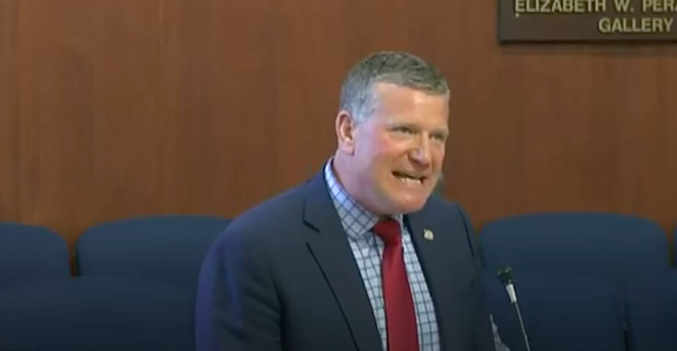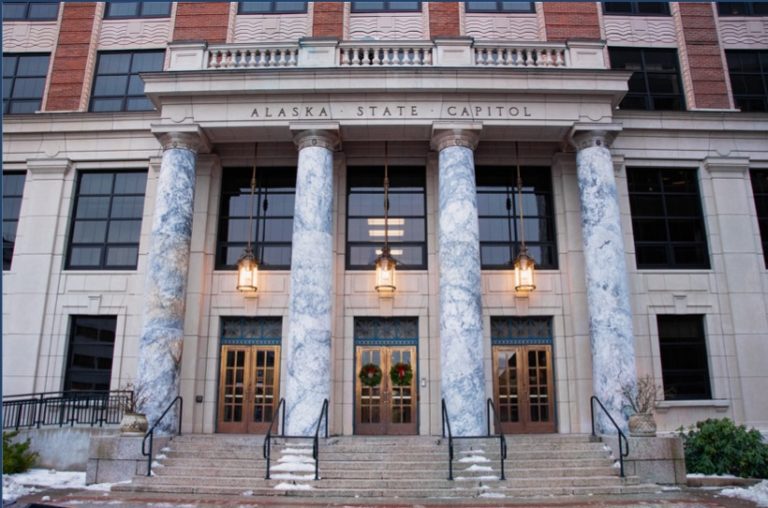By TIM BARTO
With an announcement that caused the cell phone of many of us baseball fans to light up, Major League Baseball Commissioner Rob Manfred made a decision that the game’s permanently ineligible list ends upon the banned person’s death. That means that two deceased legends of the game – Pete Rose and Joe Jackson – may soon be eligible for entry into the Baseball Hall of Fame.
Rose, nicknamed Charlie Hustle, is the all-time leader in hits (4,256) and games played (3,562) but has been banned from any activity in the game since 1989, when an investigation revealed he bet on games in which his team, the Cincinnati Reds for whom he played and managed, were involved.
“Shoeless” Joe Jackson, whose .356 lifetime average places him third on the all-time career batting average leader list, was banned after Commissioner, Kennesaw Mountain Landis, ruled that Jackson and seven of his 1919 White Sox teammates who conspired to throw the World Series would no longer be allowed in the game.
For decades, Rose adamantly denied he bet on baseball, despite having agreed with the Commissioner’s office to accept a ban. At the time of his ban, the Hall of Fame did not have a ruling that permanently ineligible personnel could not be voted into the Hall of Fame, but the Hall changed that within a couple years of Rose’s ban, asserting that all personnel considered ineligible to participate in Major League Baseball are also not eligible for Hall of Fame induction. (The rule applies to all ineligible personnel, but the ruling was clearly directed toward Rose.)
Rose finally admitted to having bet on games in which his team played, and some of his former teammates – including Hall of Famers Joe Morgan and Mike Schmidt – and detractors came to his side and appealed to the Commissioner’s office to argue for his induction. It did not come during Pete’s lifetime, as he predicted ten days prior to his September 2024 passing.
Jackson’s ban took him out of the game and the limelight. There were rumors of him playing in third rate leagues in the South, clinging desperately to stay in the game he loved and a profession that provided the outfielder a decent living for 13 years. Baseball legend and Jackson contemporary Ty Cobb told a story of seeing Shoeless Joe working in a liquor store years after his playing days were over. “Don’t you recognize me Joe?” asked Cobb as he purchased a bottle of booze. “Sure I do, Ty, I just didn’t think you’d recognize me,” replied an embarrassed Jackson.
Shoeless Joe became known to a new generation of baseball fans almost four decades after his death, thanks to a couple of movies that came out in the late 1980s. Eight Men Out told the story of that 1919 World Series scandal that led to Commissioner Landis’ fateful decision, and Field of Dreams provided a fantastical story in which a farmer plows under his corn crop to allow Shoeless Joe’s ghost to come to the Iowa farm so he could once again play the game he loved.
Shoeless Joe was a likeable, illiterate country hick, traits the movies emphasized and brought him sympathy, especially since his performance in the tainted World Series was spectacular.
Pete Rose, on the other hand, was both hated and loved, often by the same people, this author included.
Pete was aggressive and brash, and he rubbed many people the wrong way. Fans booed him in every visiting ballpark . . . and he embraced it. These traits, along with his decades long inability to admit the truth about his gambling, made it difficult for many of us to want to see him attain the highest accolades in the game. A four part HBO documentary that aired just a month or two before his 2024 death, softened those feelings for some but amplified them for others. That’s the way everything was with Pete.
Commissioner Manfred’s decision to rule that permanent ineligibility ends with the end of the ineligible person’s life means that come December 2007, the Hall of Fame’s Classic Baseball Era Committee can vote to induct Pete and Joe (and 14 others on the ineligible list) into the Hall of Fame. It is very likely that they will both get the needed votes.
There will be few detractors for Shoeless Joe, but the arguments for or against Charlie Hustle will continue forever. Perhaps in 35 years a movie will premiere in which Pete Rose’s ghost comes back to play in farmer’s field and sentiment will turn more favorable . . . but I wouldn’t bet on it.
Tim Barto is a regular contributor to Must Read Alaska, and is a lifelong fan of Cincinnati’s Big Red Machine, of which Pete Rose was captain. Tim loved Pete as a kid, hated him when Pete left Cincinnati for Philadelphia, loved him when Pete returned to Cincinnati and broke Ty Cobb’s hit record, hated Pete again when he gambled on baseball and lied about it, and finally succumbed to allowing Pete into the Hall after baseball allowed gambling companies to advertise and take bets inside stadiums. When not agonizing over the state of the game, Tim serves as vice president of Alaska Family Council.









